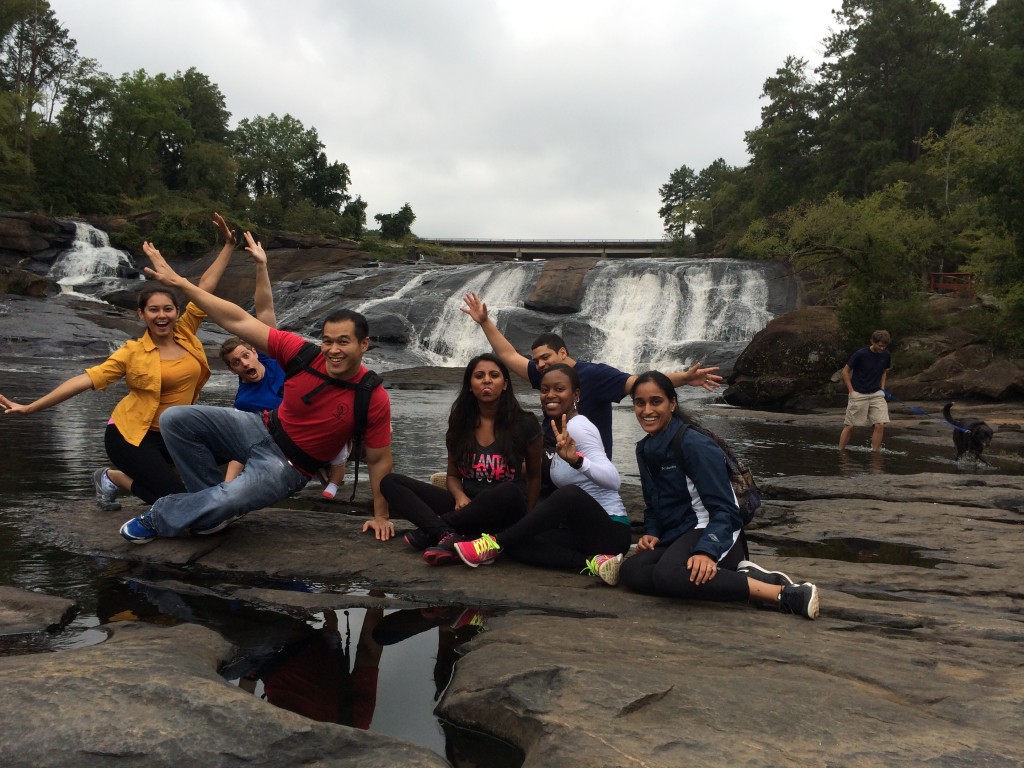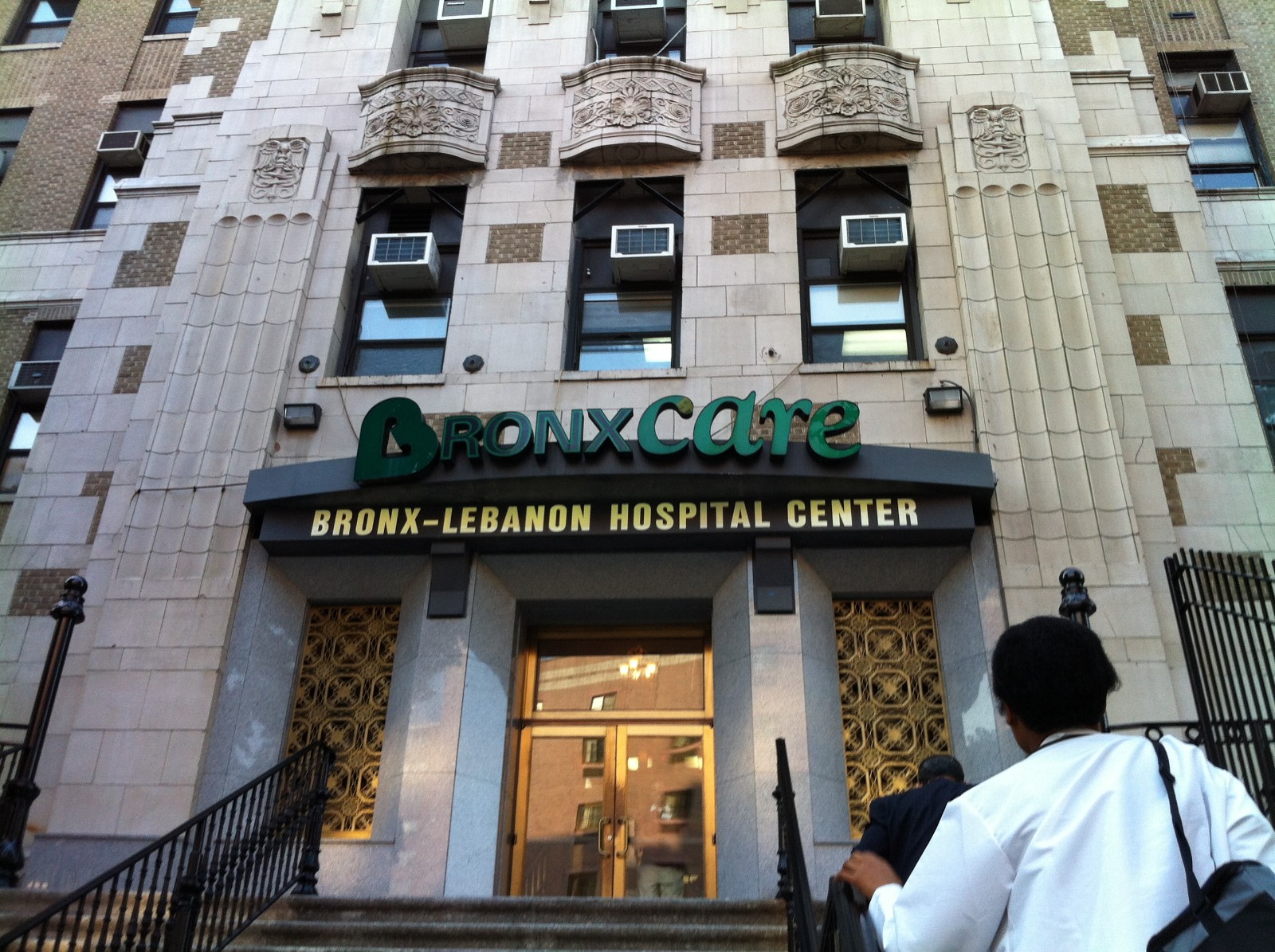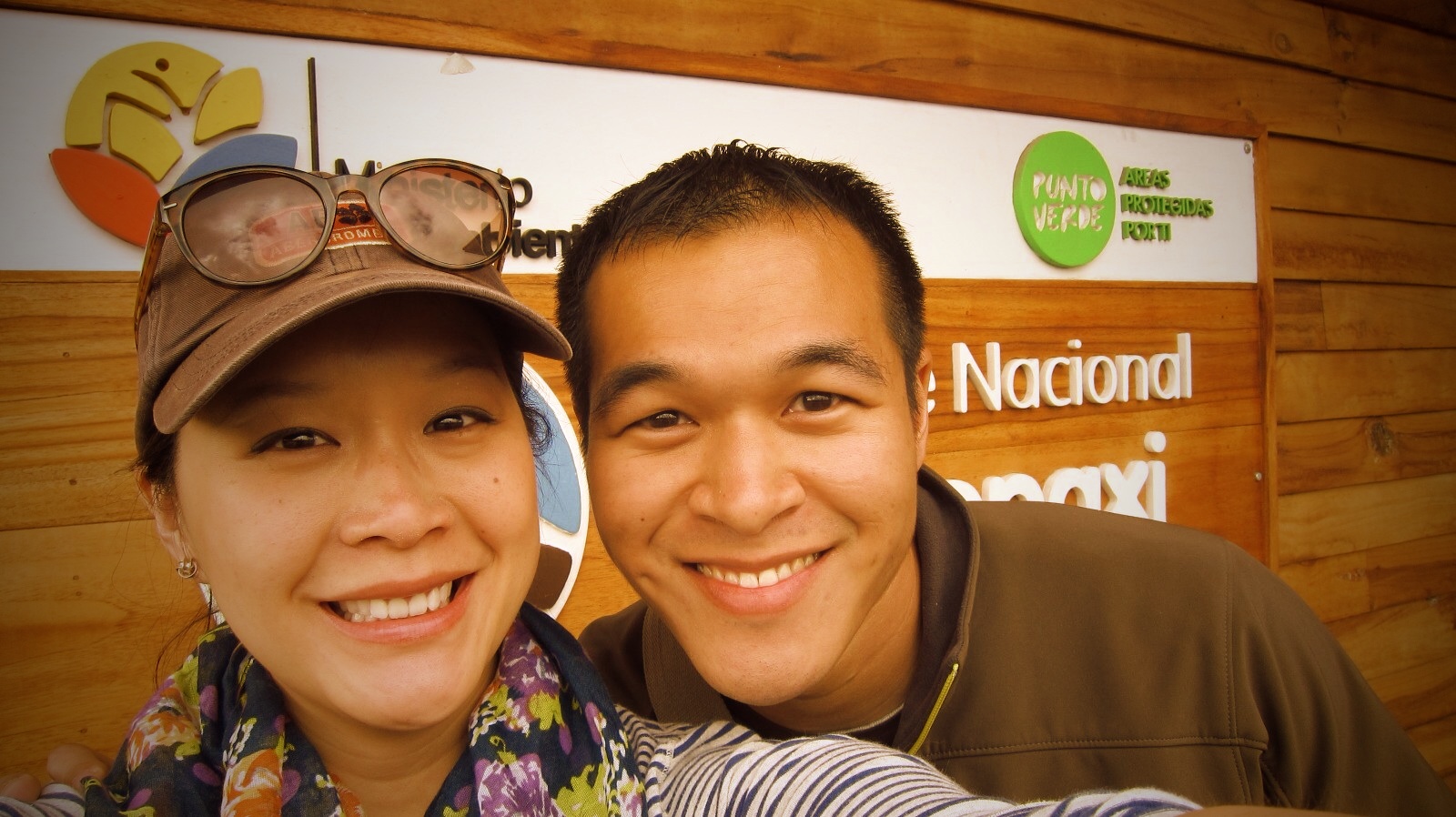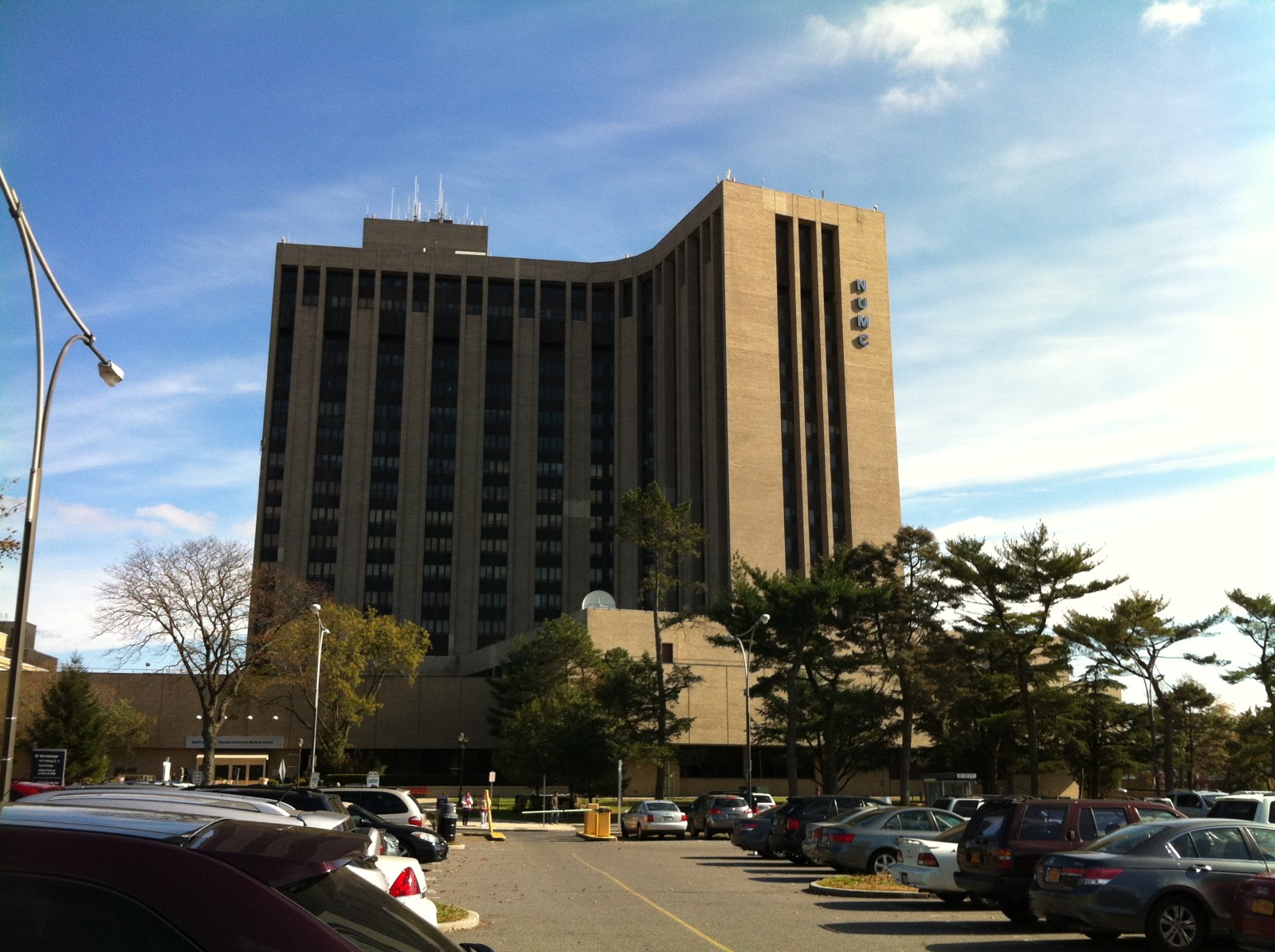End of Intern Year

So it’s come to this day, the end of internship year. There’s no doubt that there were some rough days and sleepless nights during the past 365 days, but there were also many days when I came home with a smile knowing I did something significant for someone else.
As for my co-residents, I have really enjoyed working with them all this year. We kept each other company, providing companionship during long call days, and team up to tackle our days’ tasks together. I will be thankful for those sacrifices some of us made to work so others can enjoy spending a holiday with family or get well when sick, and be thankful when the favors were returned. I am very thankful for my family who are so supportive and accommodating to my schedule, and to my coworkers who are so pleasant to work with and hang-out with outside of work, and from whom I have learned so much. As I look back at the past year, here are some lessons I have learned:
Work hard. No one likes a slacker, and no one likes to do your unfinished job for you. Take pride in your work ethics, reliability, personal drive, and stamina.
Have a reason for everything you do. Ultimately, you have to convince your patient, your team, and yourself (and not to mention, the insurance company) that a decision you made for the patient is necessary, beneficial, and not harmful.
Take criticism well. That’s the only way we can benefit from feedback and improve ourselves.
Help your team mates. Treat others the way you want others to treat you, and I assume you want others to help you out when you need it. Therefore help others out too.
Close the loop of communication. If someone ask you to do something. Do it and follow up with them to confirm you have done it. If you order someone else to do something, follow up with them later to make sure that they did it.
Verify everything yourself. Don’t assume every note you read or every sign-out you get from your colleagues is reliable. Double check the facts or information for yourself. Don’t just assume every plan from your upper-level resident, colleague, or attending is the right thing to do (although it probably is). Read the medical literature to back yourself up. Question things and think for yourself, even if it may not be right, and discuss it.
Be kind to everyone you work with. Patients, patients’ families, nurses, residents, attendings, students. Listen to and acknowledge your patients and their families, even if you disagree with them. Medical treatment is a team effort.
Know your limitations. Sometimes getting help from others is the best decision you can make. Don’t be afraid of your limitations. If you don’t know, say you don’t know.
Learn from your upper-levels. Most likely they got more experience and knowledge than you. Particularly when you are starting off, you can learn about different styles of medical management and note writing while you form your own style. You can also learn a lot about what not to do. Eventually you will figure out a style of “doctoring” that works for you.
Things may feel a little different while I adjust to my new title as a second year resident. Wishing everyone the best as we all move a step up on the ladder.














I’ve enjoyed reading your personal website since I discovered it searching for things to do in St.Maarten.
Congratulations on your progress. From your writings I can see you are insightful about how your actions impact others and they subsequently interact with you. It seems you have chosen a career for which you are well-suited.
Thanks for reading Jack!
Congrats Benji! By the way, I had the pleasure of meeting your director at the AAFP national convention and three of your fellow residents.
Best of luck this year man!
Hi Benji!
You’re blog has been a godsend to me as I am starting AUC in January 2016. I have also started my own blog — I love that you have your entire experience documented. I hope I can give everyone an updated wave of information with my blog:
https://pagingdrbrittniblog.wordpress.com/
Thanks again!
Brittni